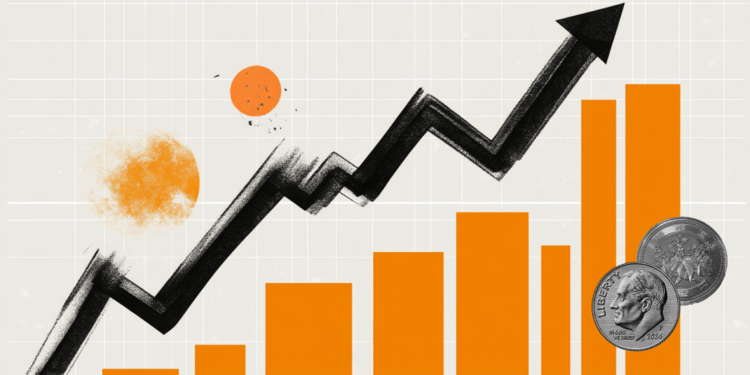Key points
-
PepsiCo today reported mixed second-quarter earnings results.
-
The firm’s shares fell more than 2% in premarket trading as a result.
-
With this mixed outlook, we examine whether Tesla stock is a buy right now.
PepsiCo misses revenue, cuts outlook, but shares may still have room to grow
PepsiCo (NASDAQ: PEP) reported mixed second-quarter results on Thursday, sending the firm’s shares down more than 2% in pre-market trading.
The food and beverage giant’s earnings per share (EPS) comfortably beat Wall Street estimates, coming in at $2.28. However, revenue rose less than 1% to $22.5 billion, missing the consensus estimate of $22.66 billion.
Globally, the company’s sales fell 3%, marking its eighth consecutive quarter of declining sales volumes. The beverage maker admitted that part of the sales decline was strategic, as the company has been reducing package sizes.
The company also cut its full-year revenue outlook.
PepsiCo Earnings – A Closer Look
PepsiCo has been raising the price of its products for the past two years to cover rising costs of ingredients and packaging.
By segment, Frito-Lay North America revenue was $5.87 billion, down 0.5% year over year and below the consensus estimate of $5.94 billion. PepsiCo Beverages North America revenue was $6.81 billion, down from $6.76 billion a year ago and below the $6.86 billion estimate.
Quaker Foods North America reported revenue of $561 million, down 18% year-over-year and below the consensus estimate of $588.2 million. The company’s sales have been impacted by recalls for possible salmonella contamination issued in December and January. However, the company expects segment volume to improve over the next six months.
President and CEO Ramon Laguarta said the company will increase deals and advertising in an effort to boost sales in the second half of 2024.
PepsiCo has cut its 2024 revenue outlook. The company now expects organic revenue growth of about 4%, compared with the previous forecast of at least 4%. In addition, the company reiterated its guidance for earnings growth of at least 8%.
The company forecasts EPS of $8.15 and revenue of $94.31 billion for the full year 2024.
What does this mean for PepsiCo stock?
PepsiCo shares lost more than 2% in premarket trading on Thursday. The stock has gained only marginally since hitting the $150 level in early January 2021. On Wednesday, shares closed at $163.59, up 1%. By comparison, the S&P 500 has gained about 45% over the past three years or so.
PepsiCo’s annual stock performance has also been volatile compared to the S&P 500. The stock returned 17% in 2021, 4% in 2022, and -6% in 2023, compared to 27%, -19%, and 24% for the S&P 500.
PepsiCo could face some headwinds in the second half of 2024 due to the uncertain macroeconomic environment, including high oil prices and elevated interest rates. However, the stock still appears to have room for growth.
On Monday, Bank of America Securities analyst Bryan Spillane cut his price target for the stock to $190 from $210. Despite the price cut, the analyst is bullish on PepsiCo and believes the company’s long-term earnings power is stable. Spillane’s price target also represents a nearly 20% increase from the current stock price.
There are also a few more factors that could boost the stock. First, the worst of Quaker Foods’ recalls may be over, meaning the segment will likely see an increase in sales, as the company also expects.
PepsiCo is also an excellent dividend generator. The firm has increased its dividend by an average of 6.6% over the past five years, and for 52 consecutive years. This presents an attractive case for investing in the company.
The stock also has room for growth from a valuation perspective. Using the company’s own EPS estimate of $8.15 for 2024, its valuation represents more than a 10% increase from the current level.
Source: Fx Street
I am Joshua Winder, a senior-level journalist and editor at World Stock Market. I specialize in covering news related to the stock market and economic trends. With more than 8 years of experience in this field, I have become an expert in financial reporting.







